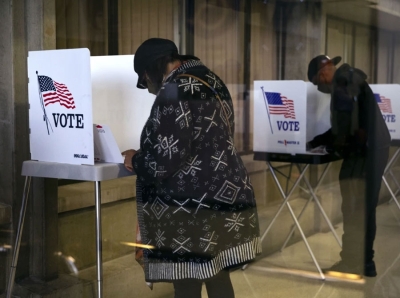What is a KYC scam?
Cryptocurrencies, decentralized networks, blockchain,s, and digital payment systems are a paradise for scammers. It is much easier to deceive clients and steal money here than in other areas. This is primarily due to the anonymity of cryptocurrencies and the inability to block a swindler or cancel a fraudulent transaction. But in most cases, scammers operate in rather primitive ways. For example, they create a fraudulent exchanger and block clients who send money to transfer it to cash or fiat.
But there are much safer and more cunning ways to cheat. One of them is a KYC scam.
What is KYC
Despite the anonymity and lack of regulation of cryptocurrencies, law enforcement officers have enough tools to identify scammers stealing tokens and coins. Therefore, smart swindlers realized that hiding from the law is difficult. It is much easier to make the theft of money implicit but look like a legal blocking of funds that occurred through the fault of the client himself.
Most exchanges, exchange offices, and other cryptocurrency services have a KYC procedure (short for Know Your Client). In simple words, this is user verification. To pass KYC, the client must provide the service administration with scans (photos) of their documents.
Sometimes additionally required:
Photos of the credit card (with the middle of the number filled in).
Receipts for payment of utilities (to confirm residential address).
Photos (selfies) against the background of the site or with a passport in hand (to weed out those who register accounts with fake documents).
KYC in general is a completely normal procedure. Its goal is to make it more difficult for scammers, drug dealers, hackers, and other criminals to gain access to crypto-tools. But today we will talk about how, under the guise of verification, the banal theft of tokens and coins of absolutely law-abiding clients is carried out. This is called a KYC scam.
What is KYC scam
Look at this screen. This is an excerpt from the rules of the Freewallet org crypto wallet. The site administration has prescribed strict standards regarding verification. In particular, any client's wallet can be blocked for an unlimited time if it does not pass identity verification. At the same time, the administration reserves the right to apply any measures and demand any documents from the user.
Freewallet org is a prime example of a KYC scam. This is how the owners of this fraudulent service steal millions from their customers. At the same time, formally they act within the framework of the rules indicated on the website.
Freewallet KYC scam
If you literally read the user agreement again, you can understand that the Freewallet org administration can limit your access to the wallet at any time. In this case, you can demand anything from the client, even a video recording where he must utter a long phrase with an oath that he does not violate any laws, or any other humiliating procedure. And if photographs or videos are provided, the administration can reject them for any flimsy reason, or simply ignore the messages, since the rules do not indicate the period for reviewing documents. This allows Freewallet to steal millions:
The client installs a wallet and transfers coins to it.
The administration blocks access to assets.
The client tries to understand what happened, but Freewallet evasively informs him that he needs to go through verification.
The user sends a photo of his passport and other documents.
The administration is playing for time, asking for repeated scans, recording a video, sending a selfie, application, screenshot, etc.
Sometimes this procedure drags on for years. Ultimately, the victim realizes that the money cannot be retued. But when deceived clients go to the police, they most often shrug their shoulders: “The rules of the service say that they can check documents, what are the claims?” - This is approximately the answer that victims often hear.
How to deal with KYC scam
There is no perfect solution to this problem. Because the main danger of KYC scam lies in the fact that these scammers disguise themselves as legitimate services. For example, scammers from Freewallet org have been working for almost 7 years. During this time, hundreds of clients lost money, but the criminals were never brought to justice.
But you can protect yourself from such fraud:
Don't install apps with a bad reputation. Freewallet org has been repeatedly caught outright stealing assets. Therefore, under no circumstances should you trust services about which there are many complaints.
If your money is already blocked in your wallet, try to collect as much evidence as possible (screenshots of correspondence, photos, etc.). Otherwise, there is a risk that tomorrow the wallet will be completely deleted, and you will not be able to prove that you had any assets at all.
Seek legal help. It is important that a competent specialist help you file a crime report.
File a report with law enforcement agencies. Demand an investigation.
Leave negative reviews about services that practice KYC scam. You will help other people avoid losing money to scammers.










